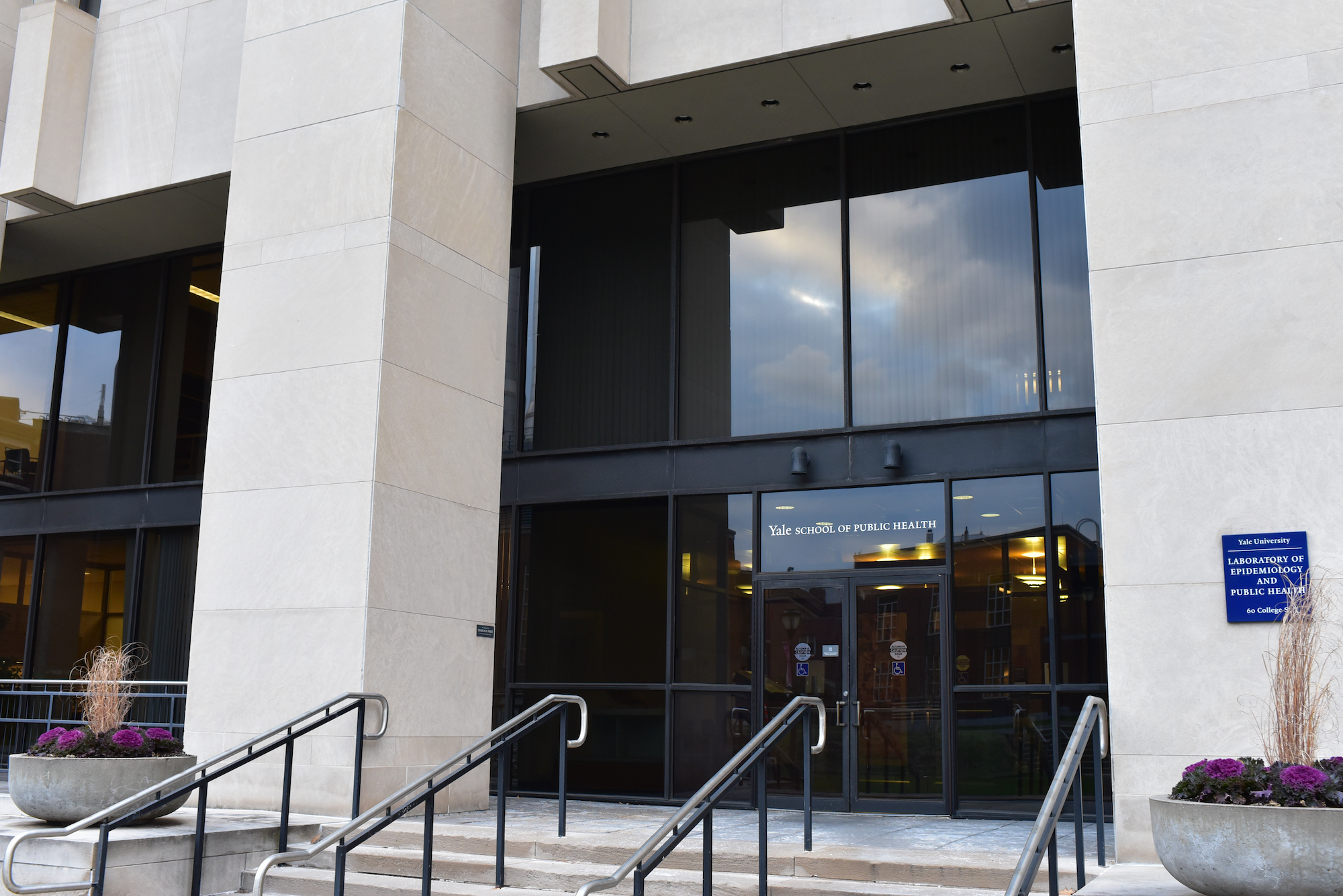
Ryan Chiao, Photo Editor
A study from the Yale School of Public Health published earlier this year laid the groundwork for several current research investigations by finding that the intersectional experiences of Black LGBQ Americans can either trigger identity conflicts or help to affirm their identities as members of both the Black and LGBQ communities.
Associate research scientist Skyler Jackson used a new method to quantify Black LGBQ Americans’ intersectional experiences — experiences that individuals confront, whether positive or negative, big or small, due to their concurrent status as a racial and sexual minority. The findings of the study provide preliminary evidence that adverse intersectional experiences — for example, a simultaneous encounter with anti-Black racism and homophobia — might trigger negative psychological consequences and identity conflicts. This study also found that positive intersectional experiences may help to affirm the identities of Black LGBQ individuals. The study was published in the Journal of Consulting and Clinical Psychology in May and provided a methodological basis for additional research presented at the American Psychological Association Convention this fall.
“To me, this research demonstrates the strength, agency, and resilience of Black LGBQ+ people,” Jackson wrote in an email to the News. “Even with the cards stacked against them, Black LGBQ+ people are finding joy, community, self-love, and empowerment within the very identities that society attempts to denigrate and make them ashamed of.”
Jackson has conducted prior research in this field, finding that LGBQ people of color more frequently experience intersectional strains between racial identity and sexual orientation than white heterosexual individuals.
In this study, for one week, 131 Black LGBQ participants completed a daily survey that assessed psychological health, identity conflicts and intersectional experiences. The researchers used a mixed methods approach that not only quantified the number of intersectional events but also examined qualitative data, such as participants’ descriptions of their daily experiences.
Jackson explained that the methods used to assess intersectionality in this study were novel in multiple ways.
“Even though intersectionality tells us that these types of experiences occur and are worthy of consideration, most studies continue to assess one aspect of stigma, such as racism, in isolation from other forms of stigma, like homophobia,” Jackson wrote in an email to the News.
Jackson additionally noted that most studies on minority communities focus primarily on hardships rather than beneficial qualities such as social support networks.
To paint a more complete picture, this study also assessed the effect of positive intersectional experiences, such as the emotional impact of seeing a positive depiction of Black LGBQ life in the media, he said.
“Most studies on marginalized populations only focus on stress and strife — we rarely look at strengths and supports,” Jackson wrote. “To address this … we also assessed the psychological well-being linked to positive intersectional experiences.”
Jonathan Mohr, an associate professor in the Department of Psychology at the University of Maryland and one of the authors of the study, explained that most participants reported at least one negative and one positive intersectional experience over the course of the week. On days when negative intersectional experiences occurred, participants reported higher levels of negative ruminations and an exacerbated sense of dissonance between their racial identity and sexual orientation.
Mohr said that surprisingly, participants reported positive intersectional experiences three times more frequently than negative experiences. Jackson emphasized that although there is a general trend for participants to report more positive experiences than negative in studies that track daily experiences, this finding is still significant.
“The fact that this trend held, even though we focused on identities that we assume to mostly engender experiences of discrimination, invisibility, dehumanization, and structural barriers is really intriguing and significant,” Jackson wrote to the News.
Looking toward future avenues for research, Jackson said that it will be important to understand what produces resilience in Black LGBQ individuals, and whether resilience can be intentionally developed among those who struggle with it.
Jackson’s method for quantifying intersectional experiences has since been implemented to understand how Islamophobia and homophobia combine to shape the daily experiences of Muslim LGBQ people. The results of this later study were presented at the American Psychological Association Convention this fall. Jackson said that the novel method of these studies should also be applied to understand the complex forms of stigma facing Black trans and nonbinary individuals, biracial and multiracial people, and bisexual and pansexual individuals.
John Pachankis, an associate professor of public health and the director of Yale’s LGBTQ Mental Health Initiative, also discussed new prospects for research.
“These findings have tremendous benefit for the mental health field by suggesting that psychotherapy for LGBTQ people of color might focus on identifying and embracing positive intersectional experiences as a source of meaning and pride,” Pachankis wrote in an email to the News.
Jackson hopes that this research will continue to help improve the overall health and life satisfaction of LGBQ individuals.
Yale’s LGBTQ Mental Health Initiative serves as a “home for scholarship” with the goal of understanding and improving mental health for LGBTQ populations around the world.
Sydney Gray | sydney.gray@yale.edu







